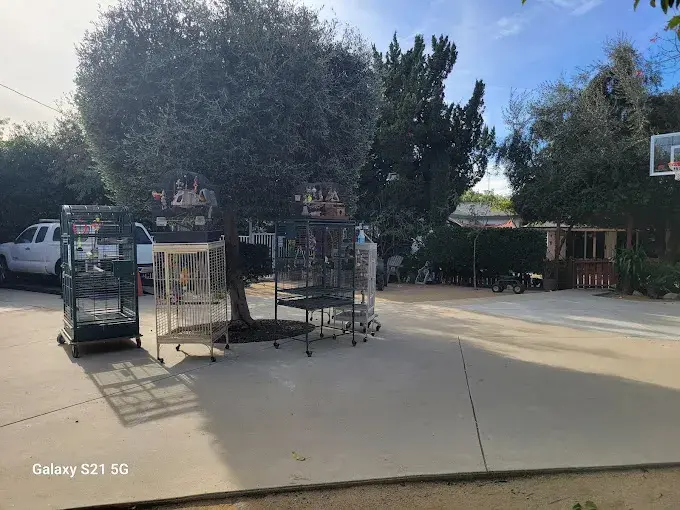
At Kfar Saba Urban Farm in Winnetka, CA, the integration of sustainable agricultural practices such as permaculture and aquaponics not only revolutionizes food production but also serves as a beacon for environmental stewardship within the community. This approach minimizes waste, conserves water, and reduces the farm’s overall carbon footprint, setting a commendable benchmark for urban farming initiatives. Furthermore, the farm’s commitment to community engagement through educational workshops underscores the potential for widespread adoption of sustainable living practices. However, one might ponder, what are the broader implications of this local endeavor on the future of urban sustainability?
Farming Practices and Sustainability in Winnetka, CA
At Kfar Saba Urban Farm, innovative and sustainable farming practices are meticulously implemented to ensure environmental harmony and agricultural productivity. This oasis in Winnetka, CA, champions techniques like permaculture and aquaponics, which not only optimize the use of natural resources but also reduce the need for chemical inputs. These methods demonstrate a profound respect for the natural ecosystem, maintaining soil fertility and biodiversity, crucial for long-term agricultural success.
The farm utilizes a closed-loop water system, a pivotal practice in California’s arid climate, to conserve water by recycling it within the farm’s ecosystem. Rainwater harvesting tanks collect water during the wet season, which is then used during drier months, ensuring a sustainable water supply without overburdening local water sources.
Moreover, the farm’s commitment to organic farming further solidifies its role as an environmental steward. By avoiding synthetic pesticides and fertilizers, Kfar Saba not only produces healthful, nutrient-rich produce but also protects local wildlife and water quality.
This approach fosters a healthier, more sustainable environment for future generations, aligning with the values of community members who seek a deeper connection with their food sources and a more sustainable future.
Community Engagement and Education
Kfar Saba Urban Farm’s commitment to community engagement and education plays a crucial role in promoting sustainable living practices among local residents. By fostering a deep connection with the environment, the farm not only cultivates crops but also nurtures a knowledgeable community equipped to implement sustainable choices in their daily lives.
The farm’s educational initiatives include workshops and seminars on topics ranging from organic farming techniques to the benefits of local food systems. These programs are designed to empower individuals of all ages, encouraging a hands-on approach to learning that emphasizes the practical aspects of sustainability.
For instance, their popular ‘From Soil to Table’ series teaches participants how to grow their own food and understand the ecological impacts of their food choices.
Moreover, Kfar Saba Urban Farm actively collaborates with local schools to integrate agricultural education into the curriculum. This partnership has enabled students to visit the farm regularly, engaging in interactive activities that enhance their understanding of ecology and food production.
The farm’s approach creates a sense of belonging and collective responsibility — qualities essential for building a sustainable future.
Through these efforts, Kfar Saba Urban Farm ensures that sustainability is not just practiced but lived, fostering a community deeply rooted in environmental stewardship.
In the fertile heart of Winnetka, CA, Kfar Saba Urban Farm stands as a beacon of sustainable innovation, weaving permaculture and aquaponics into the fabric of modern agriculture.
This sanctuary not only cultivates crops but also nurtures a vibrant community ethos, seeding knowledge and environmental stewardship.
Through its commitment to ecological harmony and educational outreach, the farm sows the future of farming, promising a greener, more sustainable tomorrow for generations to come.